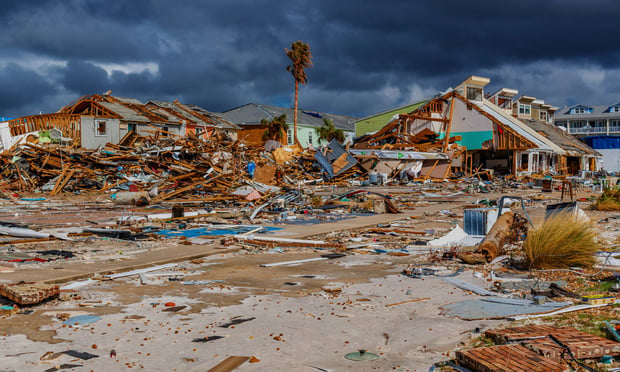The Florida homeowners market is in full crisis mode. Access to homeowners insurance is quickly slipping from the grasp of many Florida residents who are now finding insurance impossible to secure or afford. Insurers in the state have pulled back on providing coverage; seven have completely pulled out of the state, many others have requested significant premium increases, two have become insolvent with several others in dire financial straits and possibly facing regulatory action against them.
Recommended For You
Want to continue reading?
Become a Free PropertyCasualty360 Digital Reader
Your access to unlimited PropertyCasualty360 content isn’t changing.
Once you are an ALM digital member, you’ll receive:
- Breaking insurance news and analysis, on-site and via our newsletters and custom alerts
- Weekly Insurance Speak podcast featuring exclusive interviews with industry leaders
- Educational webcasts, white papers, and ebooks from industry thought leaders
- Critical converage of the employee benefits and financial advisory markets on our other ALM sites, BenefitsPRO and ThinkAdvisor
Already have an account? Sign In Now
© Touchpoint Markets, All Rights Reserved. Request academic re-use from www.copyright.com. All other uses, submit a request to [email protected]. For more inforrmation visit Asset & Logo Licensing.








